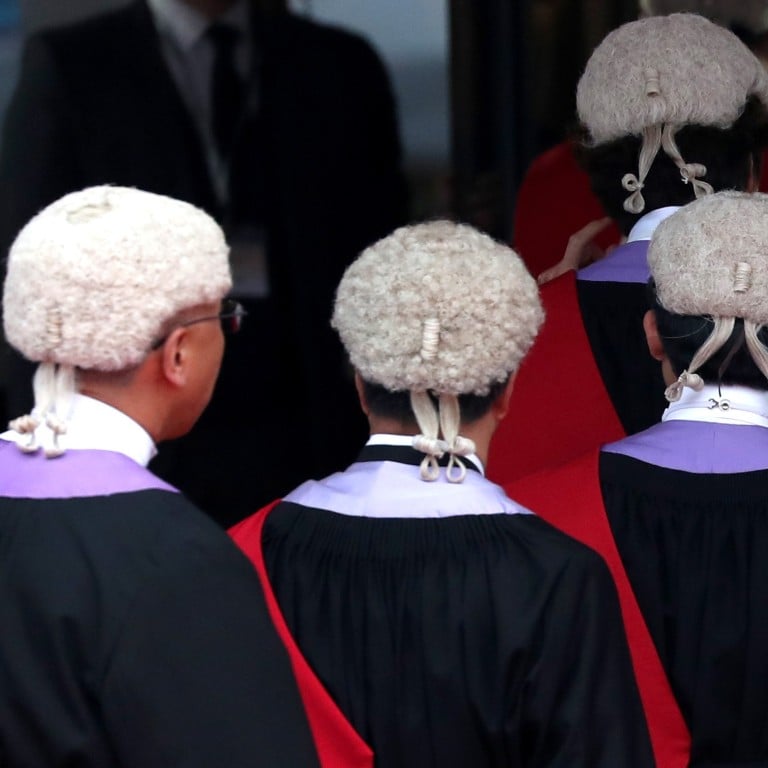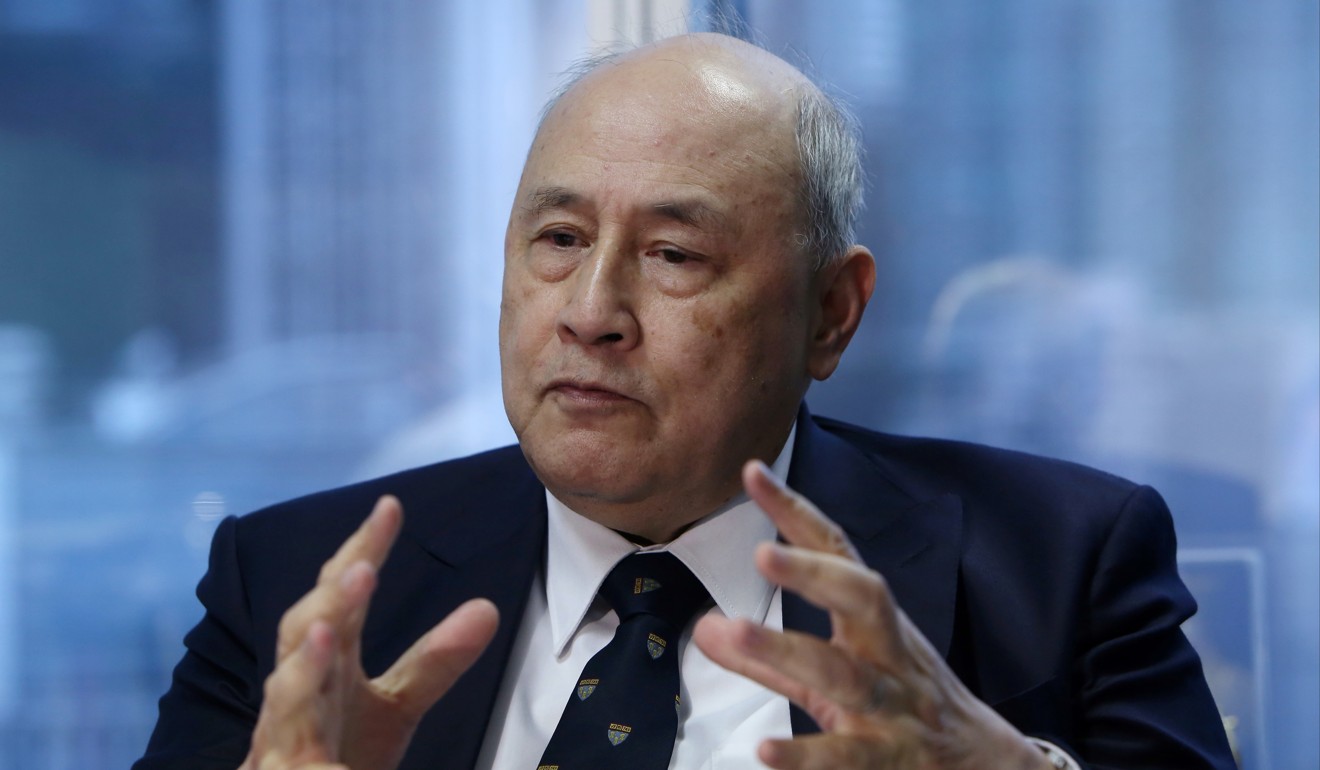
Exclusive | Police watchdog could appoint retired judge to join inquiry into Hong Kong extradition bill clashes
- Chairman of Independent Police Complaints Council Anthony Neoh raises possibility of appointing retired judge to special panel
- Senior sources call move ‘very unusual’ and question whether council even has authority to do so
A retired judge could be appointed by Hong Kong’s police watchdog to review clashes over an unpopular extradition bill, the Post has learned, a move insiders called “very unusual”.
The unprecedented suggestion came from Independent Police Complaints Council (IPCC) chairman Anthony Neoh, one source with knowledge of the thinking said.
If eventually adopted, it would be the first time the statutory body had appointed a non-council member to look into police handling of a protest.
“It’s very unusual for the IPCC to involve a judge in its investigation panel,” a source close to the council said. “The inclusion of a judge is a testament to the importance it attaches to the impartiality of the inquiry.”

Officers fired about 150 rounds of tear gas and rubber bullets at protesters who occupied roads around the Legislative Council in Admiralty on June 12.
While some protesters allegedly threw bricks and sharp objects at officers, police were accused of using excessive force against many of the peaceful demonstrators. The watchdog has received 95 complaints over the police’s handling of the incident.
On Thursday, the IPCC confirmed Neoh had recommended that the watchdog launch a “study” into the clashes, and the result of that would be announced soon, but that did not stop the chairman from giving it another push.
The source said the council was expected to formally establish a special panel next week to look into the clashes. The panel would comprise two or three members, including a retired judge.
Hong Kong riot police on standby ahead of flag-raising ceremony
Neoh said he was still consulting the council and would not make any public statement until he had its approval, something he hoped to do “soon after July 1”.
But the proposal was met with scepticism from within, and two senior IPCC sources said the governing council may not be in a position to appoint a judge, a non-member of the watchdog, to join the panel.
They said similar large-scale reviews of police operations in the past had always been conducted by council members or subcommittees.
“The IPCC itself does not have the power to appoint a new member, as the power is always vested with the chief executive,” the first source said. “This is against procedure.”
However, the second source said a possible way around that issue was to seek help from a judge. That was because under section 6 of the IPCC Ordinance, the watchdog “may engage any person for his technical or professional services”.
Protesters, police in harbourfront stand-off at site for PLA dock
Jimmy Sham, convenor of the Civil Human Rights Front, organiser of the annual July 1 protest march, said an independent inquiry empowered to summon witnesses should be set up instead, as the IPCC did not have such subpoena power.
“Having a respectable judge to head the inquiry is important, but we also have to ask about what power the judge is given,” Sham said. “Let’s say we want to ask the police commissioner to come clean on who gave the order to fire tear gas, what else will the IPCC be able to do?”
Sham also refuted police unions’ remarks that setting up an independent inquiry could affect officers’ morale.
“If they had adhered to the rules and done nothing wrong in handling previous protests, police should not worry about any independent inquiry.”
He said an inquiry could do justice to both police and protesters.
Two former council members, Eric Cheung Tat-ming and Kenneth Leung, also said an independent inquiry could have a broader scope, including acts by protesters and decisions beyond police operations.


